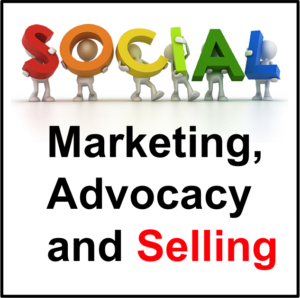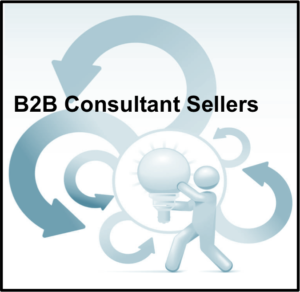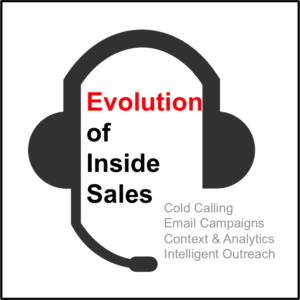
Blog
The Anonymous Buyer Journey – Part 5: Empowered B2B Buyers
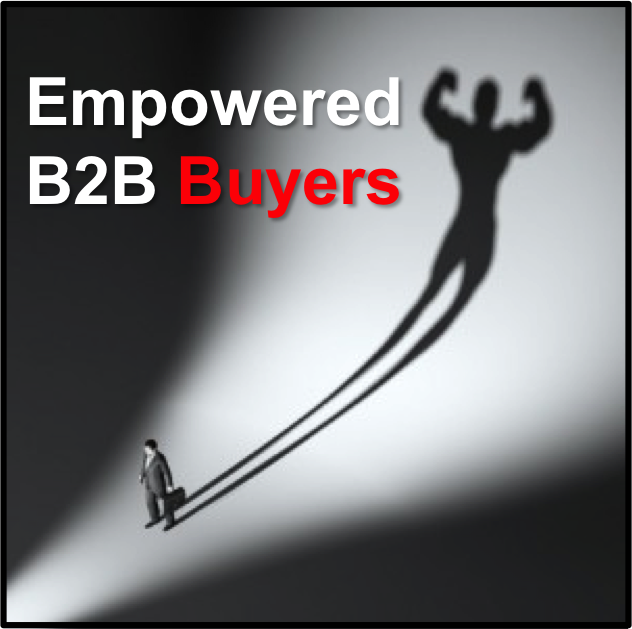
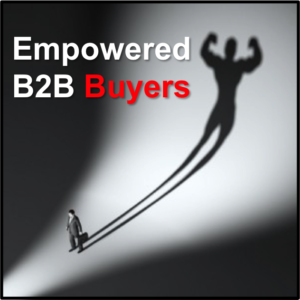
Sales people have likely noticed today’s buyer is very different than in recent years past. While the fourth blog in this series looked at the B2B consultant seller, this fifth blog changes sides of the table to look into today’s empowered B2B buyers. If you believe nothing has changed in the last five years for sales and marketing, you may want to review the second blog in this series to understand the shift underway.
Buyers today can self-educate and no longer require sales to learn about products. If sales people do not add value quickly in their conversations with empowered B2B buyers, they are likely to fall out of the engagement cycle. Buyers do not want to be told what they already know; they desire meaningful insights and intelligent conversation that covers what matters most to them: the measureable impacts to their business. For these reasons the empowered B2B buyer can be described as follows:
Self-educated – buyers have many options to learn about solutions from online resources, analysts and peers without engaging sales. They desire to engage on their own terms, avoiding sales engagement until near the end of their buying journey. Buyers seek educational materials and insights to build their knowledge base for a subject, solution or service. When buyers do engage, sellers should expect high knowledge levels and understand that they will be seeking additional insights and advice at every stage of the sales cycle.
Self-directed – as the buyer’s journey is now a mix of online and human interactions in a non-linear journey that does not follow a traditional sales funnel. How your company is organized, department boundaries and specific job roles no longer matter to buyers, as the seamless and transparent B2C experience becomes an expectation for B2B environments. They engage on their phones, tablets or laptop at work, play or home in business and social environments online and in person.
High expectations – where buyers expect marketing and sales to be synchronized to help them solve a problem or maximize an opportunity. The digital experience should flow smoothly to the human experience for buyers as one hiccup can drive their attention elsewhere. Expectations on sales people are also higher with demands to lead as the value provider for the company, not just the product or service itself. Selling moves to intelligent engagement for high value solutions where the rest of the pack commoditizes to transactional sales.
Consultative – as buyers expect sales and marketing to be synchronized to provide a holistic journey where the buyer is at the center. B2C has set expectations of frictionless exchanges of educational information and insightful facts for the B2B environment. Communications from marketing and sales across the spectrum needs to be contextual and coordinated with high value messages and deep knowledge from messengers.
Companies are advised to put the buyer at the center of their data mapping. Map all buyer and customer interactions for company departments into one data source as having separate data for marketing campaigns, ill maintained CRM sales data, and siloed service data is no longer a viable status quo. Buyers and customers expect seamless interactions with marketing, sales, support, services and educational programs. Sales cycles are becoming longer to nurture due to a non-linear buyer’s journey with many interactions in a mix of online and human experiences. The net effect is digital signals are coming from a wider plane that should all map to a consolidated data source for buyer and customer engagement across the company.
As noted in the third blog, align inside sales with marketing as a team working to provide insightful and meaningful content with context to prospective buyers knowing they seek to learn and not engage immediately. Improve educational programs for sales so they map to a shifting buyer engagement later in the journey. Product marketing knowledge of solutions, services and competitors is expected from sales with the ability to apply it to unique customer environments as a consultative partner.
The empowered B2B buyer is self-educated and self-directed with high expectations for advice on their challenges and problems. They do not want to be sold to, nor will they follow a top-down funnel of stages for sales and marketing engagement; they want to meet on their terms and are empowered with many options. Surface educational and insightful value online, socially and directly to build trust with these new buyers, and when you do engage, know your solution or service and their business expertly.
Put the advice in this post to the test by reviewing your email campaigns, social posts and online content to assess their value for an empowered B2B buyer. Is the content educational and insightful with contextual value to the desired audience? Simply put, would you learn anything new to solve a problem or maximize an opportunity?
The next and last blog in this series will look at social marketing, selling and advocacy leveraging trust in peers, project results and research.
